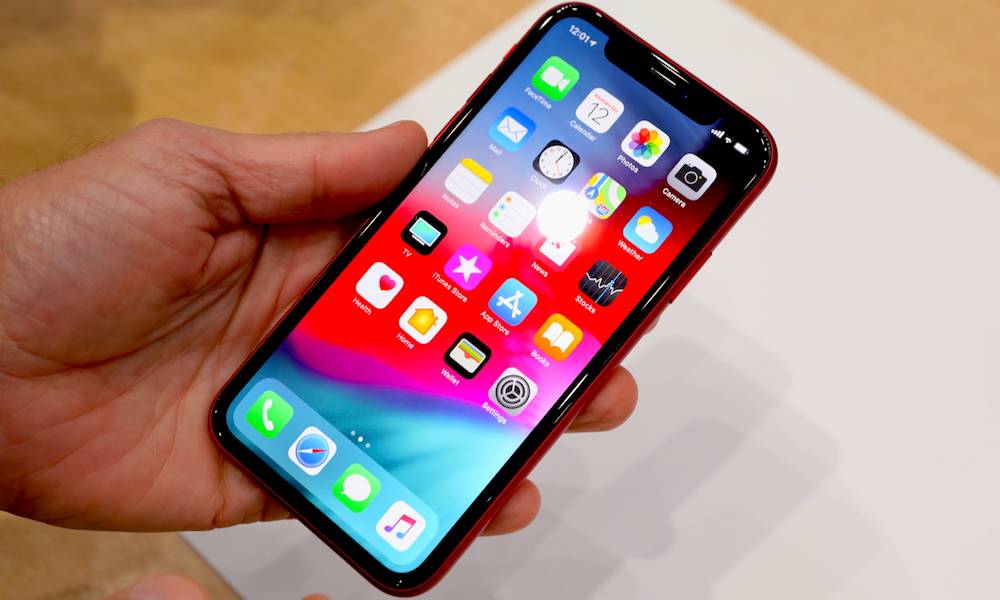Analyst Cuts iPhone XR Shipment Forecast
 Credit: TechCrunch
Credit: TechCrunch
Toggle Dark Mode
Renowned and well-connected Apple analyst Ming-Chi Kuo has sharply cut his total iPhone XR lifecycle shipment estimates.
Kuo, in a research note for TF Securities clients distributed on Monday, has cut shipment estimates for the iPhone XR by 10 million units to 80 million units through the device’s product lifecycle — basically through September 2019 when new iPhones will be launched.
The analyst cites three primary reasons for the reduced outlook. That includes negatively impacted consumer confidence due to the ongoing China-U.S. trade war; competition from Huawei’s recent Mate 20 smartphone; and users wanting features like slimmer bezels and dual-lens cameras at the iPhone XR’s price point.
In other words, customers may be balking at the iPhone XR’s $749 starting price when they compare the device’s feature set to lower-priced Android flagships. The ongoing trade tensions between the U.S. and China are also having a negative impact, particularly in the latter country.
On the other hand, Kuo did not lower his Q4 2018 iPhone shipment estimates, currently forecasted to be around 80 million units.
That’s because the lower iPhone XR shipments could be offset from better-than-expected sales of the iPhone XS and XS Max — as well as legacy devices that have seen a price drop, like Apple’s iPhone 8 and iPhone 7 handsets.
Still, the analyst expects iPhone shipments to decline year-over-year going into 2019. In the first quarter of next year, Kuo predicts 47 to 52 million shipments. That’s below or on par with 52 million shipments clocked this time last year.
That’s not strictly an Apple issue, however, as the entire smartphone market appears to be stagnating.
But the new estimates do clash with Kuo’s previous expectations for the iPhone XR. Essentially, the analyst predicted that the mid-range handset would sell like hotcakes and far surpass the iPhone 8’s performance year-over-year in terms of shipments.
Interestingly, Kuo raised his shipment expectations in the middle of October — just a few days before the iPhone XR’s launch. It seems that whatever drove his decision to do so never materialized.
Similarly, a recent report from Nikkei suggests that Apple has canceled a ramp-up of iPhone XR productions. That’s a decision Nikkei attributes to “disappointing demand” for the XR, though some market watchers have questioned that analysis.
It’s also worth noting that Kuo’s forecast didn’t necessarily impact his forecast of Apple’s overall financial performance.
That might be because Apple’s Average Selling Price has steadily increased while its shipments have stagnated or declined. For example, in the company’s Q4 2018 earnings call, it reported flat iPhones sales. Apple announced that total iPhone revenue growth was up by 26 percent year-over-year.
It seems that Apple is aware of this change in iPhone performance, as the company announced during that earnings call that it would no longer report individual iPhone unit sales going forward.






